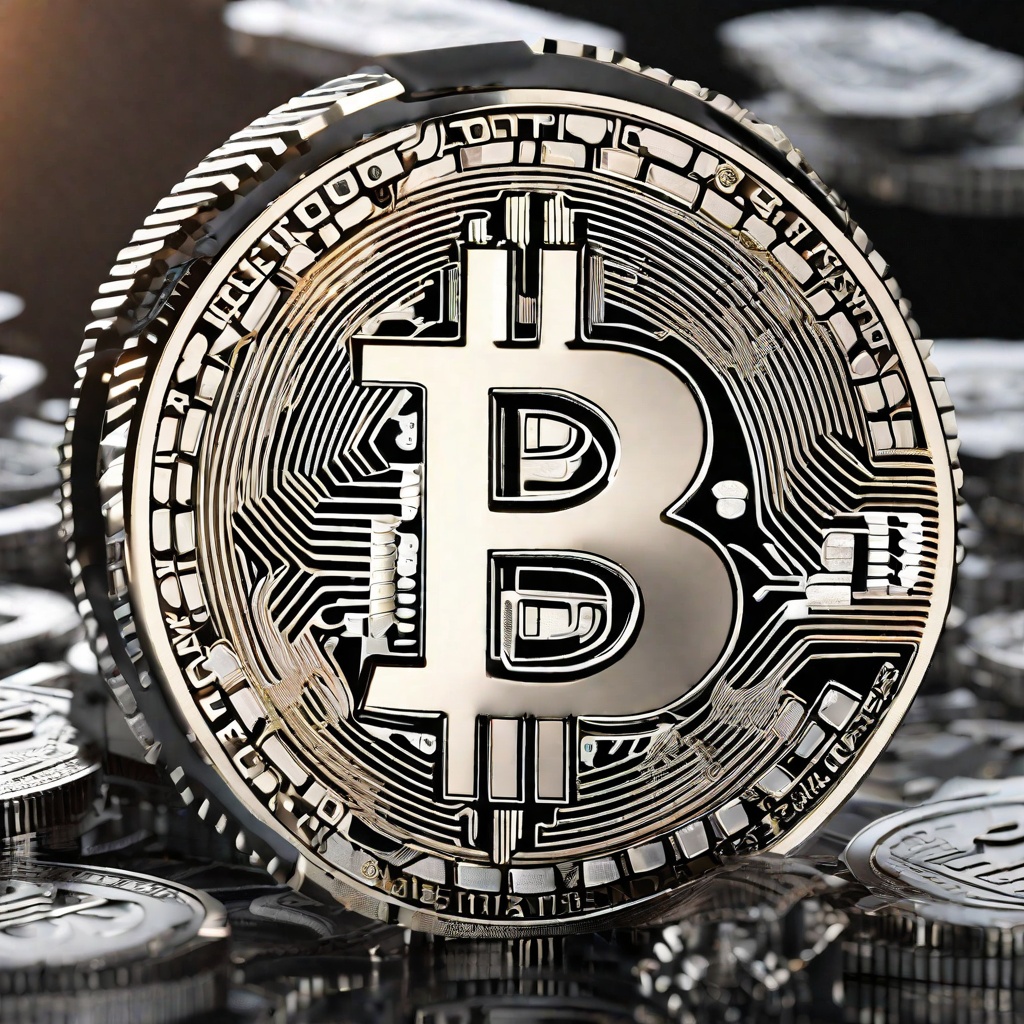Are meme crypto coins a high-risk investment?
In the ever-evolving world of cryptocurrencies, one cannot overlook the phenomenon of meme coins. These digital assets, often fueled by internet memes and social media trends, have gained significant attention in recent times. However, the question remains: Are meme crypto coins a high-risk investment? On the surface, the allure of quick profits and the potential for exponential growth can be enticing. After all, many of these coins have seen staggering gains in a short period of time. However, it is important to consider the inherent risks involved. Firstly, meme coins are often highly volatile, meaning their prices can fluctuate rapidly and unpredictably. This makes them difficult to manage and poses a significant risk to investors' portfolios. Secondly, many of these coins lack any fundamental value or underlying use case. They are purely driven by market sentiment and social media hype, which can be fleeting. As such, investors are essentially gambling on the continuation of these trends, which is inherently risky. Lastly, the cryptocurrency market is still largely unregulated, leaving investors vulnerable to scams, fraud, and market manipulation. This is especially true for newer and less established coins, such as many meme coins. In conclusion, while meme crypto coins may seem like a tempting investment, investors should exercise extreme caution and thoroughly research any potential investment before making a decision. The high risks involved make them unsuitable for many investors, especially those with a low-risk tolerance.

Is bitcoin in a bear market?
Could you elaborate on the current state of the Bitcoin market? Is it currently experiencing a bear market, characterized by declining prices and investor pessimism? Are there any significant trends or indicators that support this assessment? Additionally, what are some of the potential factors driving the market's current condition, and what could potentially reverse this trend? Your insights into the market's dynamics would be greatly appreciated.

Will cryptocurrencies go away?
With the ever-evolving landscape of finance and technology, one cannot help but ponder the future of cryptocurrencies. The volatile nature of digital assets, coupled with their decentralized structure, has led to a mix of Optimism and skepticism. Are we witnessing the dawn of a new era in which digital currencies will revolutionize the way we transact, or is this merely a passing fad? Will cryptocurrencies eventually fade into obscurity, or will they solidify their position as a legitimate form of currency? This question begs for a deeper understanding of the underlying technology, market dynamics, and regulatory frameworks that shape the crypto world. As investors, enthusiasts, and regulators grapple with these issues, the future of cryptocurrencies remains uncertain, yet intriguing.

Are cryptocurrencies a safe bet?
In today's volatile financial landscape, the question of whether cryptocurrencies are a SAFE bet has become increasingly pertinent. The allure of quick profits and the potential for exponential growth have drawn many investors into the cryptosphere. However, with the market's inherent volatility and the ever-changing regulatory landscape, it begs the question: are cryptocurrencies truly a secure investment? While the technology behind cryptocurrencies offers a degree of decentralization and security, the market itself is subject to wild fluctuations, often resulting in significant losses for investors. Moreover, the lack of clear regulatory frameworks and the potential for fraud and manipulation add further layers of risk. Therefore, it is crucial for investors to thoroughly research and understand the risks involved before diving into the cryptosphere.

Should a crypto startup raise funds?
In the ever-evolving landscape of the cryptocurrency industry, the question of whether a crypto startup should raise funds remains a pertinent one. On one hand, the influx of capital can provide the necessary resources to fuel rapid growth, allowing for the development of innovative technologies and attracting top talent. However, with the risks associated with market volatility and regulatory uncertainty, does the potential for exponential gains justify the risks of taking on debt or diluting ownership? This debate begs for a deeper understanding of the startup's business model, growth strategies, and its ability to sustain itself in the long run. Let's delve into this complex question and explore the various factors that should be considered when making such a critical decision.

